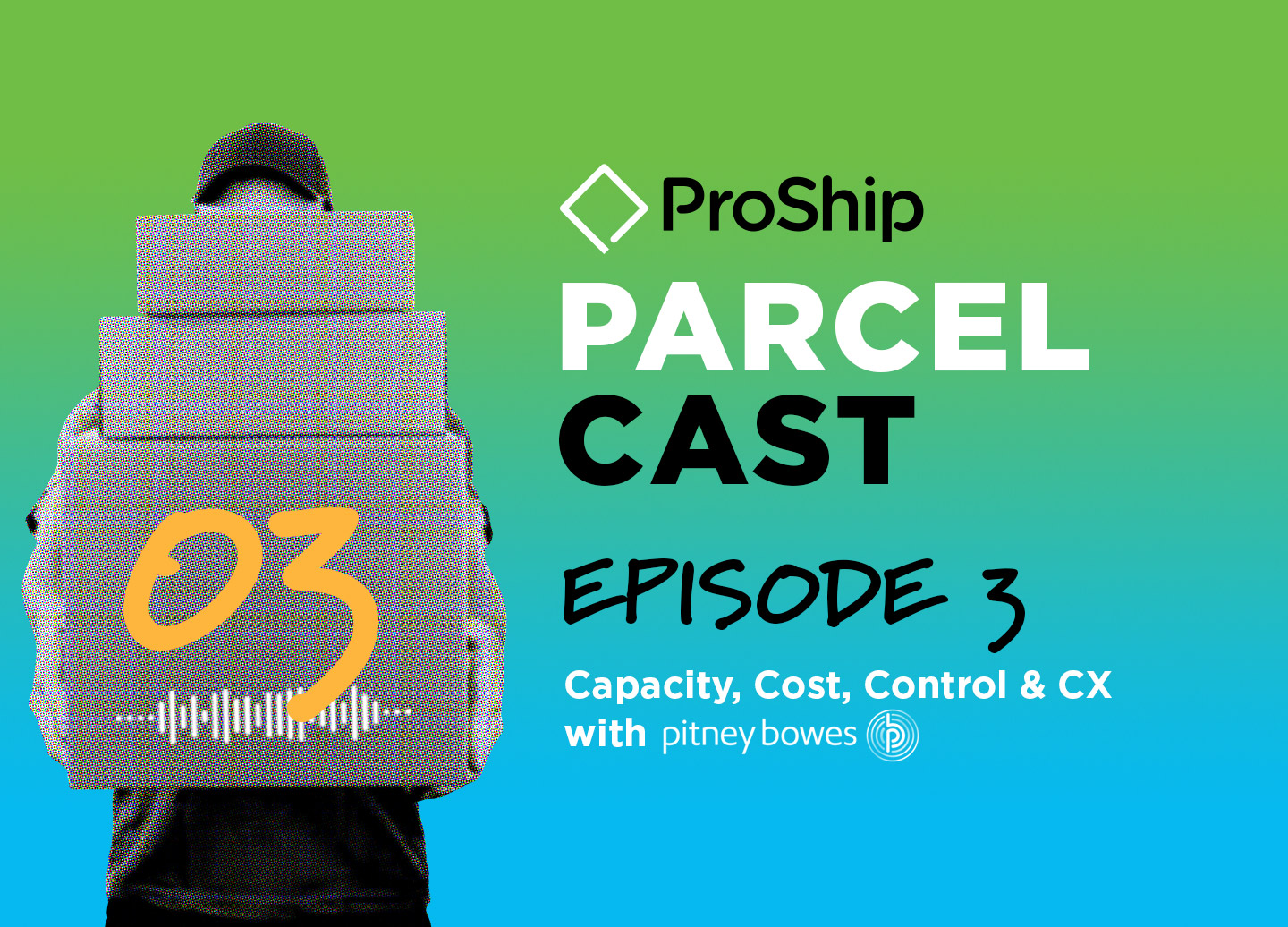Blockchain technology is going to take the shipping industry by storm, but the potential cost savings is what has everyone so excited
Imagine a technology that allowed digital information to be distributed but not copied – an incorruptible digital ledger. In reality, that’s what a blockchain is. For example – if you buy a used car you will receive a report that shares all the maintenance records, the crash history and more – a ledger that shows the history of the vehicle. While originally created for use with cryptocurrency, the underlying blockchain technology is already getting tested in dozens of industries, from agriculture to energy to art. The shipping industry is catching up quickly, and the changes are going to be immediately impactful.
What is Blockchain?
In the simplest terms, blockchain is a time-stamped series of a record of data that is managed by several computers that are not owned by any single person or company. Each of these blocks of data are secured and connected to each other using cryptographic principles (i.e. chain). This distributed ledger is virtually impossible for one person to gain control of. Plus, since the data can be stored globally on thousands of servers, anyone on the network can see all entries in real time. Blockchain can only be updated based on the consent of each participant in the system, and when new data are entered, they can never be erased. This holds everyone accountable and creates a very reliable chain.
Think of blockchain like a membership card to a coveted club. If a company has blockchain, people are more likely to trust you. This is very useful for financial transactions as everything is transparent being that the ledger is not just in one place. It is validated by everyone who holds a ledger in the chain. Each change to a document in the blockchain is validated by all prior changes. This means to falsify a document, you have to falsify its entire chain of validation and replace it on all the ledgers. The blockchain contains a true and verifiable record of each and every transaction ever made in the system, which is something unique to this technology.
Blockchain and Parcel Shipping
So how does this relate to shipping? The shipping industry remains traditional, with many of the processes involved being time-consuming and document-intensive with the use of paper documents still prevalent. Instead of keeping sensitive and important documents in one place, like a computer, a file drawer or a warehouse where you have to scan and email items back and forth. Blockchain systems offer an impenetrable way to exchange this data. For shipping – money, contracts, a bill of lading, a tracking number, all can exist as a shared and secured encrypted public ledger that is not controlled by any one entity. It is easily verifiable as it cannot be modified. It will give a clear chain of custody, likewise for legal documents and endorsements. If you put something in the blockchain, you acknowledge custody of an item.
Not only does blockchain serve as a public ledger, but it also brings “smart contracts” to the table. These are a type of contract that exist only as a computer program. They run themselves in blockchain and automatically adhere to the terms and conditions that may have been set between all involved parties. Everyone involved has the ability to negotiate directly within the blockchain network. Without blockchain this wouldn’t be possible, as each party in the agreement needed to maintain separate databases. A shared database with blockchain protocols lets smart contracts execute automatically and everyone can validate the document easily and quickly.
7 Benefits of Utilizing Blockchain for Shipping
Understanding how blockchain gives you a competitive edge is the first step in realizing shipping success.
Enhanced Carrier Compliance
The rise of e-commerce is pushing companies to have faster delivery methods like same-day delivery via local carriers. Due to integration requirements, new carriers struggle to break into the shipping market. Blockchain could provide the new technology standard needed to reduce complexity while improving compliance and the integrity of shipping transactions. It’s important to note that the carriers will need to choose to participate.
Better Customer Experience
Sometimes packages are lost or damaged while in transit. This can cause customers to choose not to order from a certain company again and damage the reputation of the shipper. Blockchain is able to keep the customer in the loop by showing them exactly where their package is at all times. They would be able to review documentation from the shipper to see the events in the chain of custody and determine where the issue occurred. This is also beneficial for the customer as they are able to make more informed decisions when choosing who to spend their money with.
Improved Communication & Transparency
With blockchain, all information is stored in a location that may be viewed by all parties with the necessary access key, providing an effective means for connecting customers, carriers, orders, and payments in real-time. This makes it much easier for everyone from the supplier to the end consumer to track where their shipment is and when it should arrive.
Cost Reduction
Expensive fees for documentation, procedural delays, discrepancies and errors can be avoided by replacing old methods with a blockchain strategy. In fact, companies have seen cost savings within as little as two years after implementing blockchain technology.
Amplified Security
All information in blockchain is encrypted, therefore adding a strong layer of security. Users cannot interfere with the system and change any information, therefore preventing fraudulent activities and manipulations. With blockchain, the possession of a shipment or package is tracked at each step which can help eliminate any questions regarding the chain of custody.
And perhaps in the future…
Quicker Processing Time
No more filing or conflicting integration standards. Instead of having to mail or scan documents to various parties, the exchange of information is instant and procedures which normally could take days or weeks to perform can be done in minutes.
Increased Shipping Route Speed
Instead of waiting for large carriers to fill up shipments on their trunk lines, smaller companies could bid on legs of a journey. Right now, starting a shipping company requires a lot of overhead and upfront costs. In a blockchain system, smaller operators will be able to bid on contracts for certain shipments. This introduces greater flexibility into the entire shipping industry.

In the shipping industry, moving to blockchain would create an open platform that is not bogged down with paperwork and excessive transactions. It would create a fully digital system that enables more fluid freight movement and would move to reduce resource waste and cost. The benefits are endless, and the cost savings speak for themselves. Blockchain has the potential to breathe new life into an antiquated process, and benefit not only the shippers, but the customers as well.
Sources:
https://www.joc.com/technology/blockchain-shipping-overhype_20190131.html

 Back to Blog
Back to Blog






